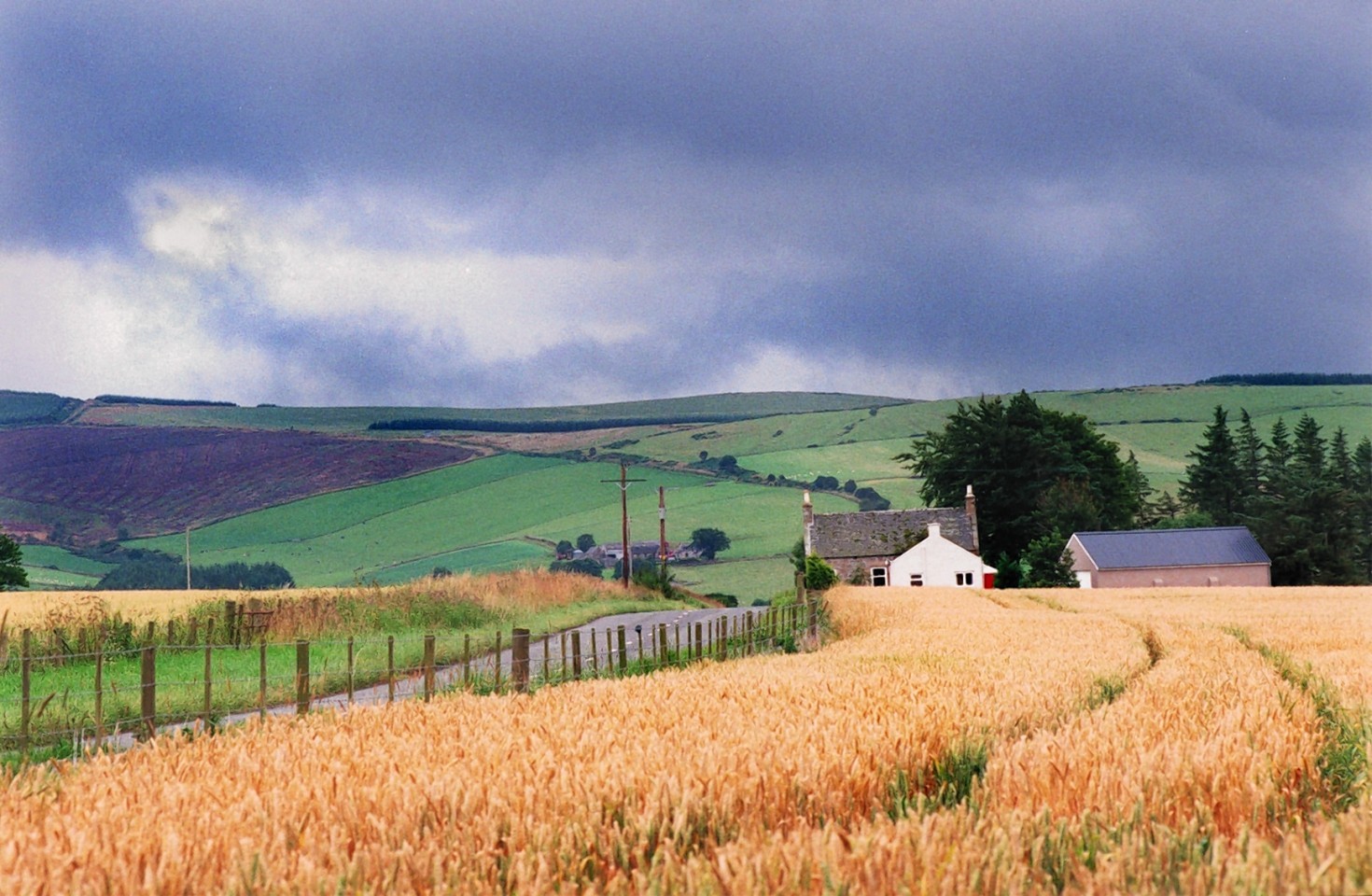The option to trade farm tenancies on the open market, powers to force badly behaved landowners to sell their holdings and plans to base rents on the productive capacity of a farm were among the proposals put forward by the agricultural holdings legislation review group yesterday.
The results of a year-long study of Scottish farm tenancy legislation came to a close yesterday with the review group putting forward 49 recommendations to improve the sector.
Farm Minister Richard Lochhead, who chaired the review group, said: “This is a once-in-a-generation review with wide-ranging and radical recommendations aimed at ensuring a secure and vibrant future for the sector.
“Some of these proposals relate to right to buy and are intended to provide tenants with a solution to escape the clutches of bad landlords, but for the vast majority of landlords, who have positive relationships with their tenants, these recommendations will pose no threat.”
In a statement to the Scottish Parliament he said there had been a 42% decrease in the amount of tenanted land in Scotland since 1982.
Despite calls to give farmers on secure 1991 Act tenancies the absolute right to buy their holding, the review group has ruled this out. Instead it has proposed powers for 1991 Act tenants to apply to the Scottish Land Court to force the sale of the holding where a landlord does not meet their obligations.
Other proposals included in the 49 recommendations are plans to appoint a tenant farming commissioner and steps to widen succession rights for 1991 Act and Limited Duration Tenancies (LDTs).
There are also proposals to allow tenants to convert their secure 1991 Act tenancy into a new long duration modern LDT with a minimum term of 35 years, and then able to transfer the tenancy to anyone on the open market for value.
Mr Lochhead also revealed proposals to create apprenticeship opportunities for new entrants, in a bid to help both retiring tenants and new entrants.
Meanwhile, the way in which 1991 Act rents are set could be changed to be based on the productive capacity of the holding.
This would be based on the holding being farmed by a hypothetical tenant “who is an efficient and experienced farmer of adequate resources who will make best use of the land” using the fixed equipment provided by the landlord.
The rent would also take account of the budget for the holding and include the contribution from non-agricultural diversified enterprises.
The proposals were broadly welcomed by industry, although landowners’ body Scottish Land and Estates warned that allowing secure 1991 Act tenancies to be converted to 35-year LDTs could be of damage to landowners’ property rights.
The Scottish Tenant Farmers Association said the group had made a “grave error” by not supporting the absolute right to buy.
Chairman Christopher Nicholson said: “There is no doubt that on becoming owner occupiers, tenanted businesses invariably grow and prosper.”
NFU Scotland joined both organisations in calling for the proposals to be implemented as soon as possible. Mr Lochhead said the report would be discussed by government, and where possible some of the proposals would be included in the Land Reform Bill which is currently under consultation.
